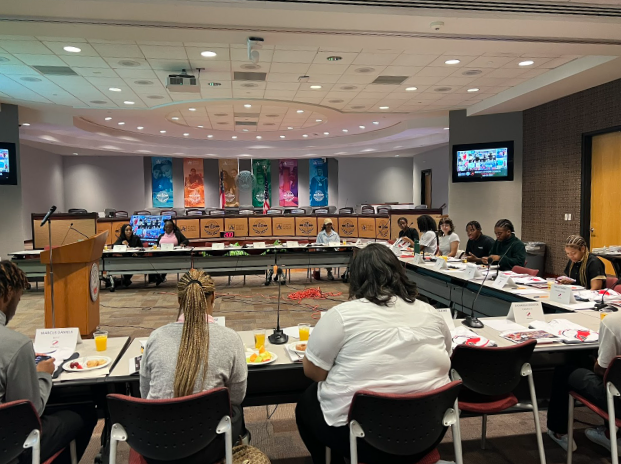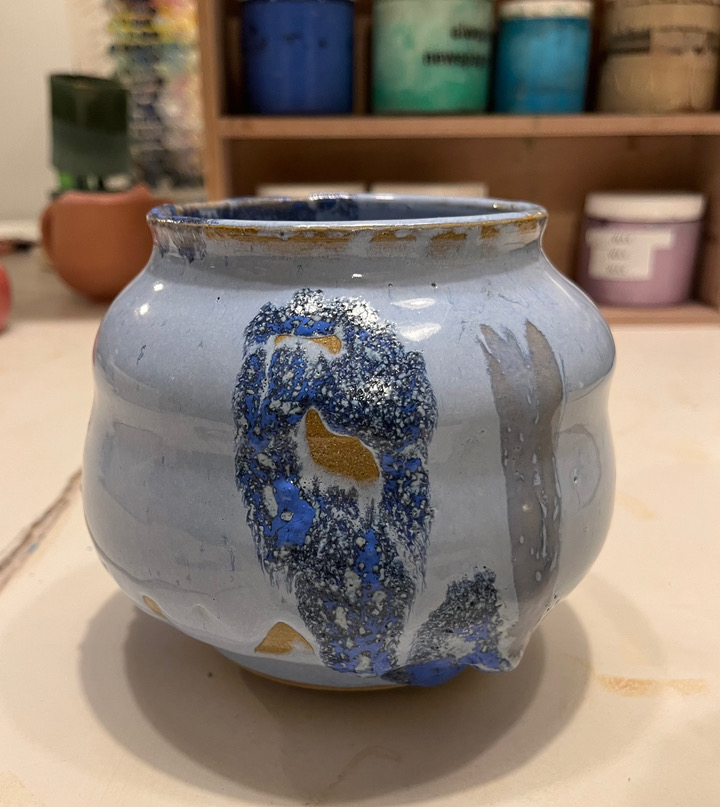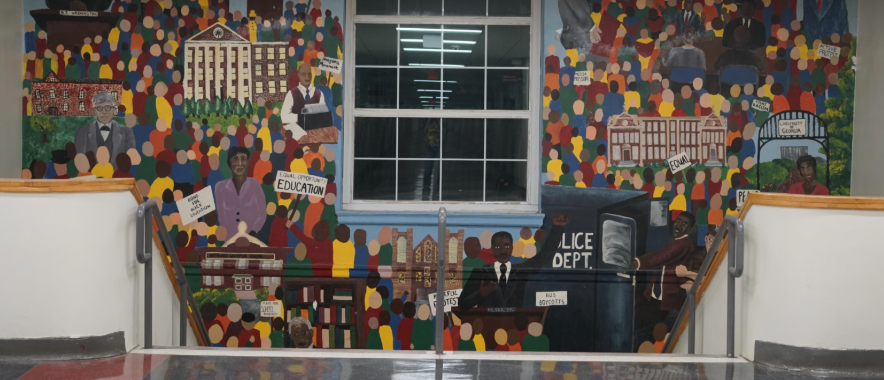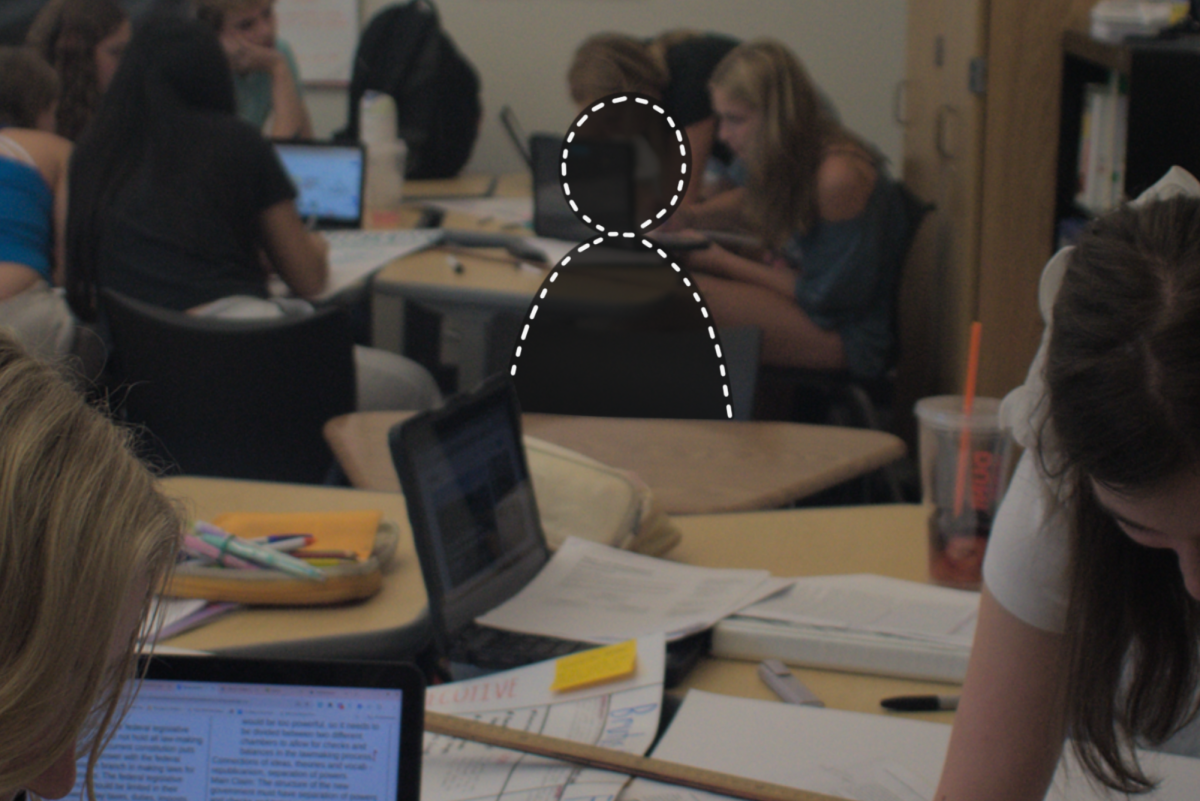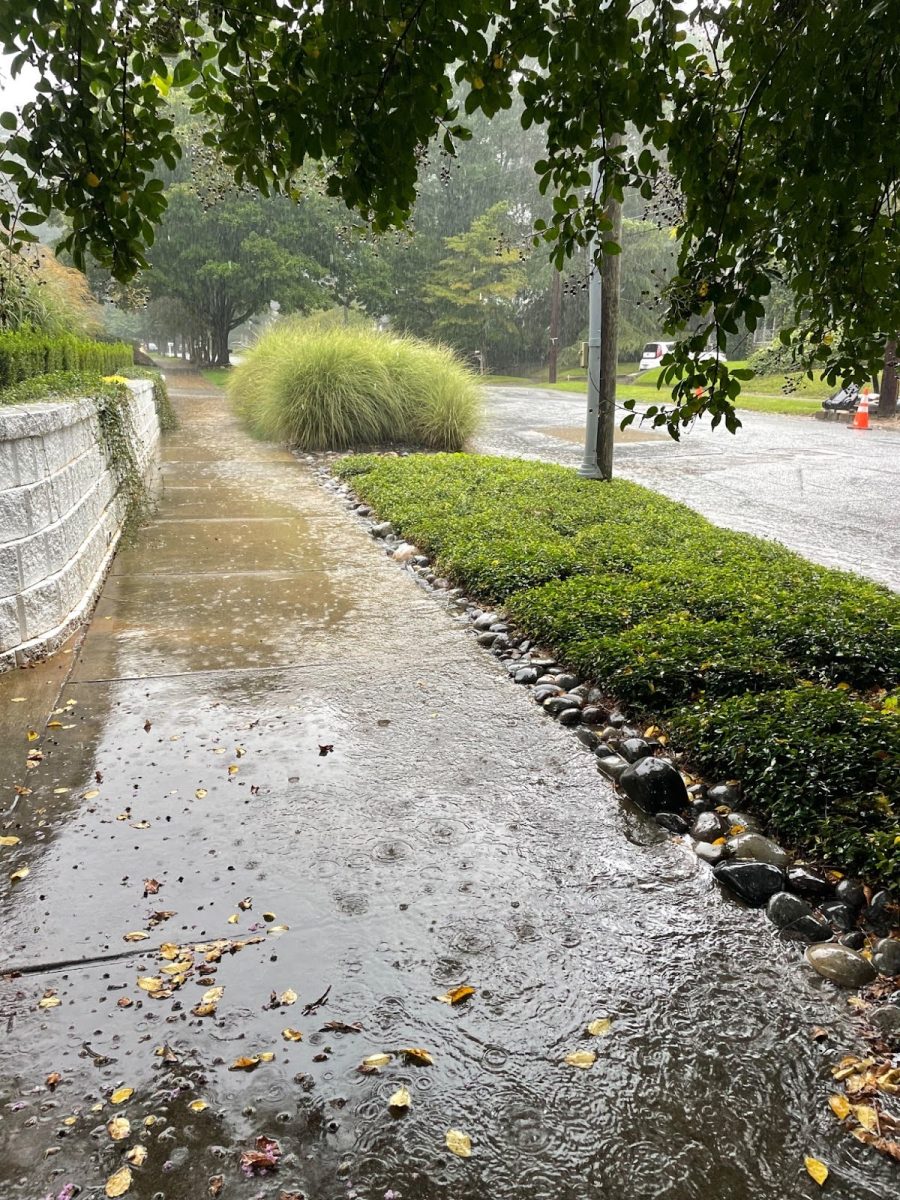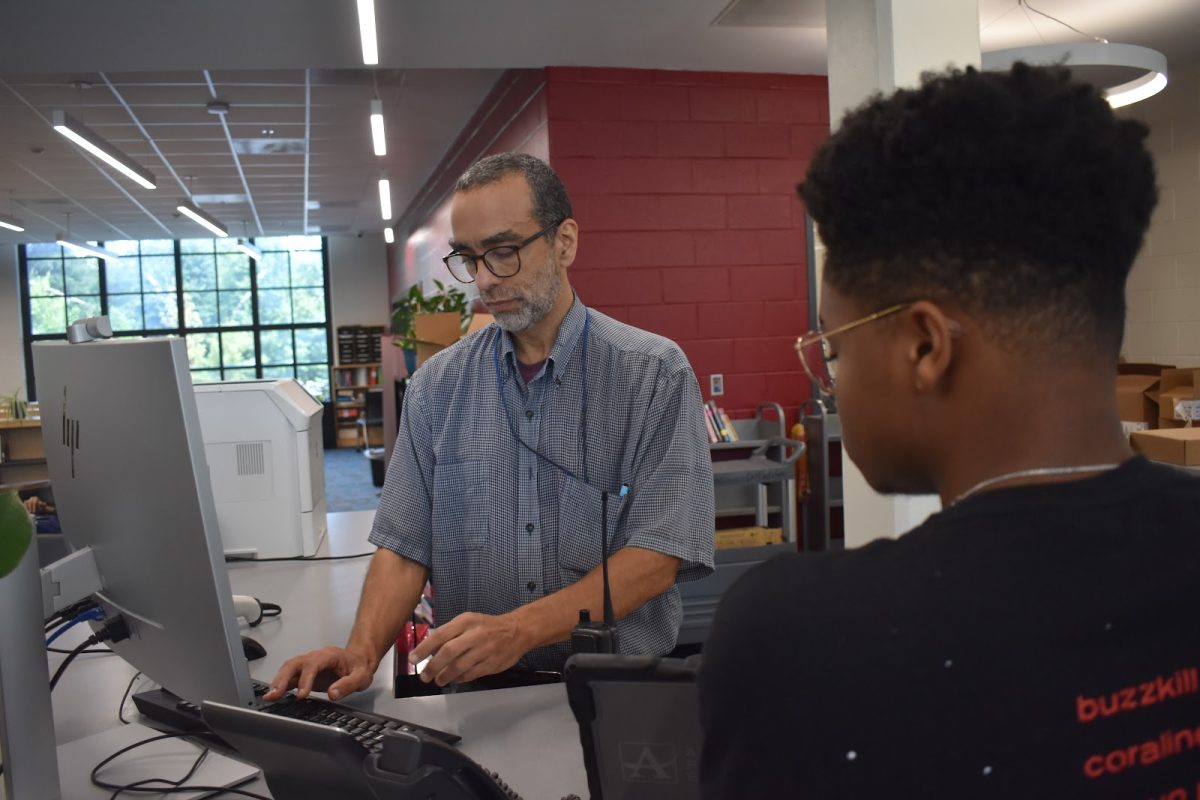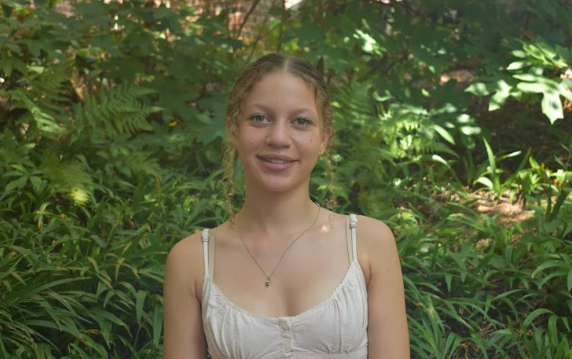The APS Student Advisory Council is set to work with the district to strengthen mental health support for students. Its goal is to make sure resources are well-known and easily accessible, so students won’t wonder where they can find help.
“Through the Student Advisory Council, we plan on addressing student mental health, partnering with district officials and partnering with district leadership to devise a plan that makes sure whatever plan is rolled out considers student voice and involves students,” said Kyra Caldwell-Templeton, program director of student engagement and co-advisor of the APS Student Advisory Council.
Different from past efforts, students will be more involved in district offerings for mental health support. Ken Zeff, school board member, hopes this will allow the resources to be more tailored to the students’ needs.
“The Student Advisory Council is working with the administration to make sure that it’s not just the administration that’s coming in and saying, ‘Oh, here’s what kids need,’ but it’s building it with the students,” Zeff said.
This will create students-for-students decision-making instead of adults-for-students decision-making. The advisory board aims to make more relevant solutions with the input of students across the district.
“Students can describe more about the issues that they’re having better than adults. It’s got to be built with students,” Zeff said. “When we just try to do something for kids without engaging students, it ends up not being as effective.”
Since COVID, APS has increased its emphasis on mental health resources for students, but they hope to achieve greater success with the input from students.
Sophomore Sude Pazarbasi believes making sure the students have a voice and are involved from the start is the key to success with mental health efforts.
“District-wise, it’s important for teachers to know what to look for when it comes to kids struggling with mental health,” Pazarbasi said. “They need to know what some quick steps are without making a big deal of it.”
The ultimate goal of the advisory council is to increase access and transparency of the mental health offerings. Junior Rose Glickauf believes having feedback from students will cause the offering to be properly catered to students’ needs across the district. She said currently there is a lack of communication to parents and students.
“At every school in the district, the counselors should have more outreach to more parents and students,” Glickauf said.
Student involvement can help uncover previously overlooked things, such as a need for more communication.
“Mental health support means being readily available when a student needs help and reaching out to students to check in and make sure they are doing okay, even if they don’t reach out for help,” Glickauf said.
Through this advisory board, students can bring new ideas to combat the mental health crisis and give feedback on the efficiency of current systems. Senior Devon Dubose hopes several changes can be made to the district’s approach to the issue.
“Something that could be done at a district level for mental health would be wellness checks for students,” Dubose said. “Rather than just the occasional surveys they send out, they could meet with students once per semester and check in personally so students would take it more seriously.”
Dubose also believes student involvement within the advisory council can contribute to a school culture surrounding mental health.
“I would like to see student involvement,” Dubose said. “If other students were to advocate and spread information about what the school offers, other students would be more inclined to participate because they’re hearing it from their own peers who it impacts most.”
Caldwell-Templeton was involved in the council throughout last year and believes mental health was a main target of student advocacy.
“Mental health was a key focus with the Student Advisory Council, specifically this year, with the recommendation of more support being needed,” Caldwell-Templeton said.
Zeff hopes APS can, with the help of the student advisory board, move to have a broader healthy environment for students, where mental health is discussed and prioritized.
“We need to make sure that kids feel comfortable asking for help because there’s nothing wrong with it,” Zeff said.

